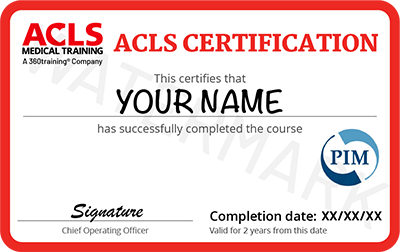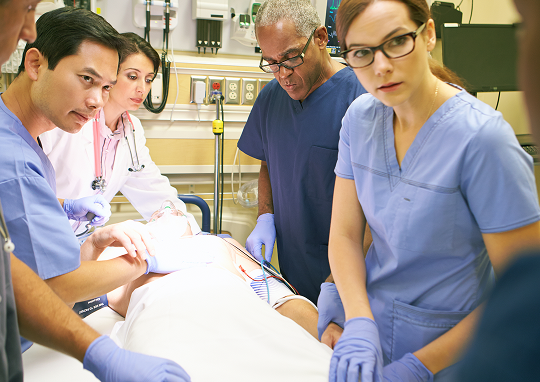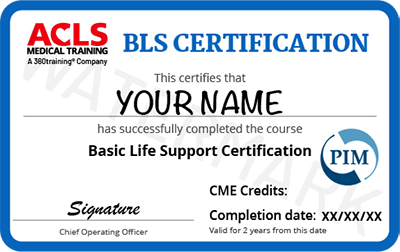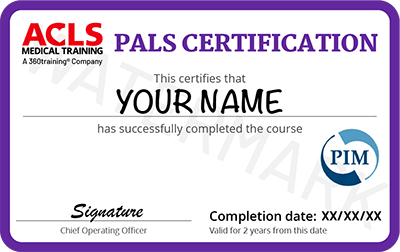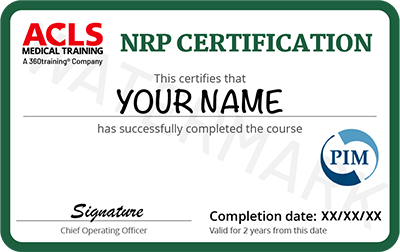Online Advanced Cardiovascular Life Support (ACLS) for Healthcare Providers
Our Advanced Cardiovascular Life Support certification course builds on the foundation of our BLS certification with more advanced life support techniques, including advanced airway management, emergency cardiovascular pharmacology, and complex resuscitation algorithms.
While our ACLS certification course provides education on virtually every aspect of acute resuscitation, learners should only perform tasks that are within their professional scope of practice. Our goal is to provide medical professionals with an innovative learning experience that helps to enhance the systems of care that save lives.
Who Should Take This Course?
ACLS certification is important for healthcare professionals who either direct or participate in the management of cardiorespiratory emergencies such as cardiac arrest, pulmonary arrest, cardiac arrhythmia, myocardial infarction, and stroke. This may include physicians, physician assistants, registered nurses, nurse practitioners, CRNAs, EMTs, paramedics, dentists, and other healthcare professionals and students.
Our ACLS online certification course is designed for experienced medical professionals looking for a targeted refresher of their ACLS certification online. Such ACLS renewal options help you feel confident and updated on the latest science when providing lifesaving care.
What Does This Course Teach?
- BLS and ACLS surveys
- Management of ACS and stroke
- Airway devices and management
- Resuscitation medications and dosage
- ACLS algorithms for life-threatening emergencies
- Post-cardiac arrest care
- Team dynamics and effective communication
